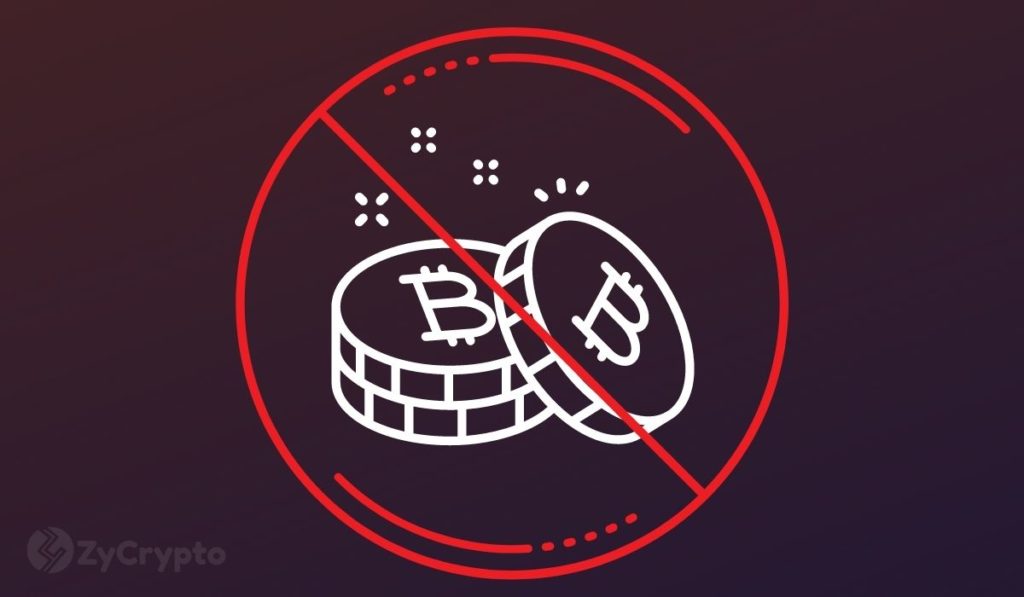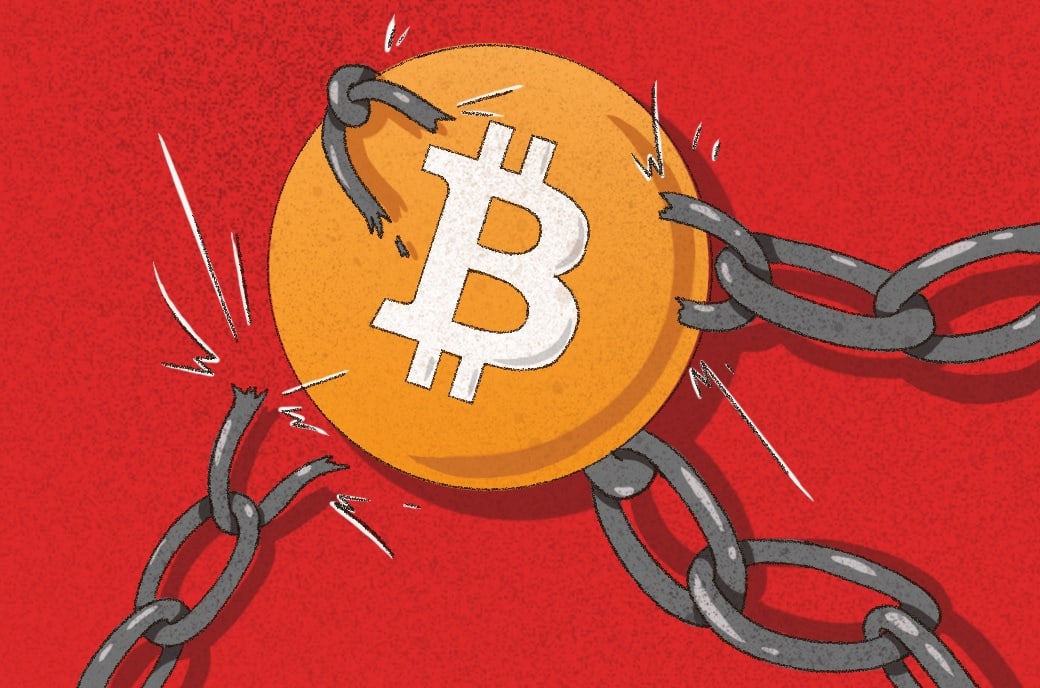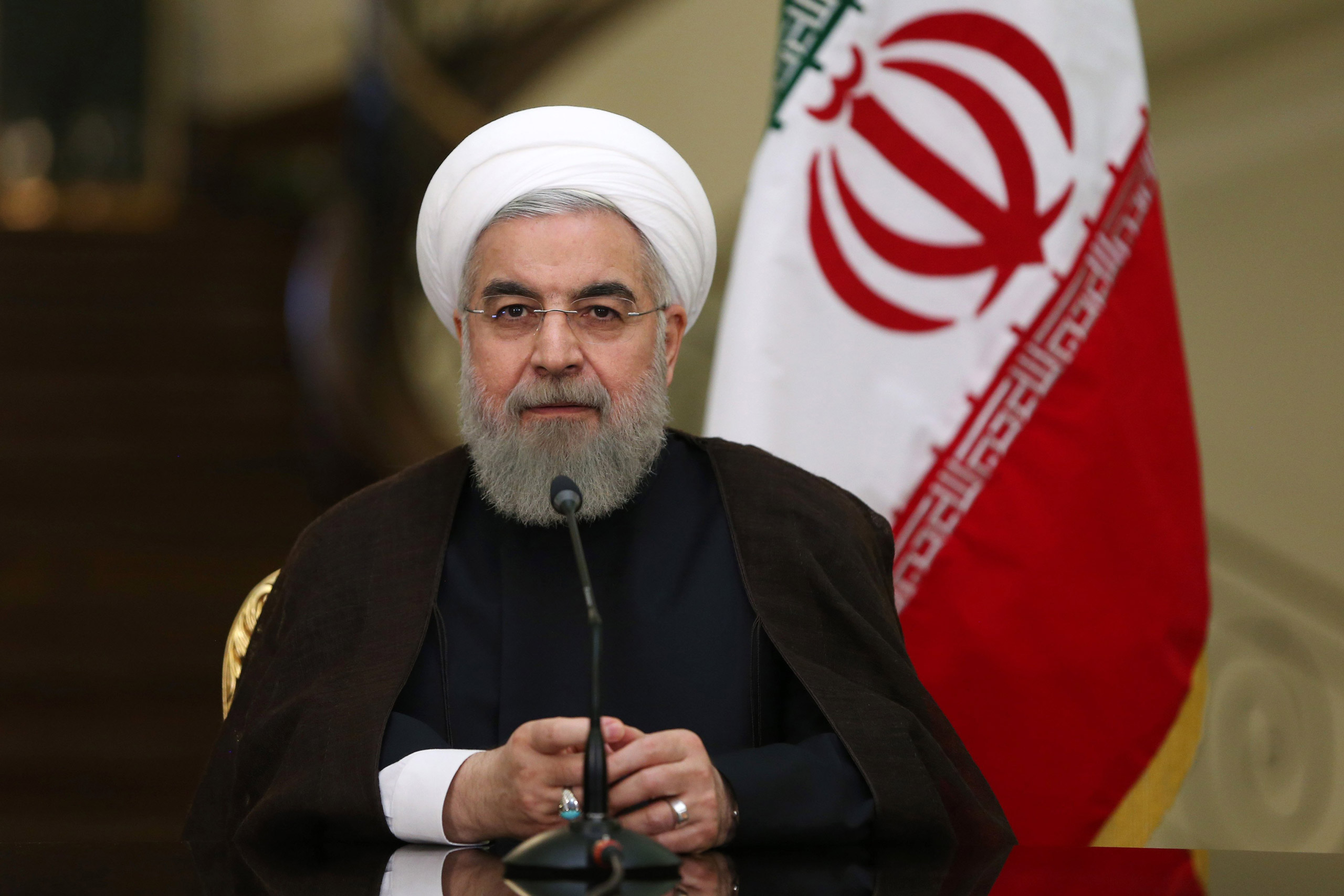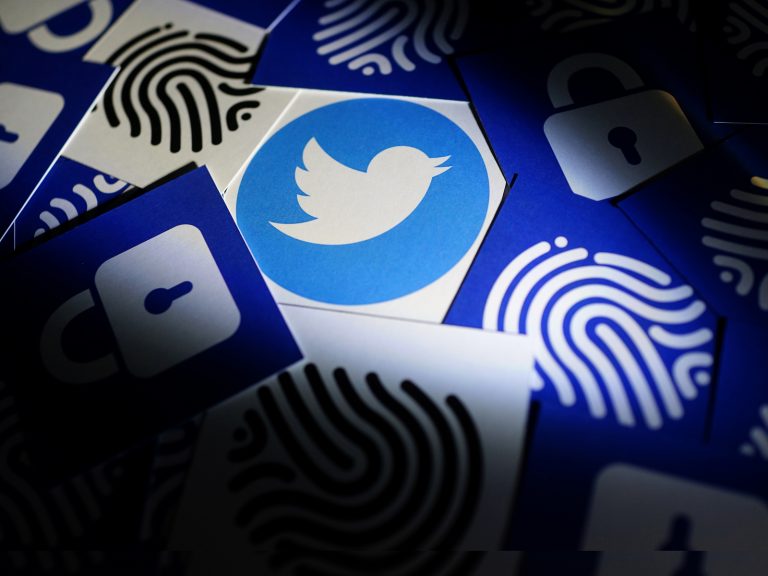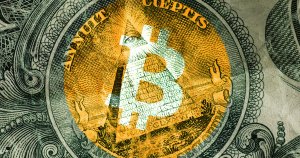
2019-9-13 14:22 |
Thomas Lee, the managing partner at Fundstat Global, believes the While House could issue an executive order banning Bitcoin and other cryptocurrencies. While Lee noted that he wasn’t expecting it “as of now,” the ban imposed on e-cigarettes means the U.S. could ban “anything.”
The White House can try to ban anything (even Bitcoin)After the U.S. government confirmed it was preparing a ban on flavored e-cigarettes, the news about the blow to the lucrative industry spread like wildfire. While most discussed the impact the ban will have on the economy, the changes it could bring about policy-wise were overlooked, suggested Lee.
Thomas Lee, the managing partner at Fundstrat Global, pointed out that the ban on e-cigarettes could have long-lasting consequences and affect other industries—including crypto.
Lee said that the move on the e-cigarette industry shows that the White House can issue an executive order “banning anything.” Suspected to be the cause of a mysterious lung disease that affected hundreds and killed at least 6 people, flavored electronic cigarettes were an easy target. Bitcoin, Lee believes, could be next on the list.
This is un-related but shows White House can issue an ‘executive order’ banning anything. And could even ban bitcoin. Not expecting it. But with current White House, there is “nothing out of bounds nor out of reach”@CNBC @angelicalavito#vaping #bitcoinhttps://t.co/gMZur1M4Cm
— Thomas Lee (@fundstrat) September 11, 2019
While Lee said that he wasn’t expecting such a ban to happen, he noted that there was “nothing out of bounds nor out of reach” for the current White House administration.
Bitcoin’s jump to $100,000 could be what gets the government involvedLee’s tweets quickly gained traction and initiated a heated discussion. Commentators agreed with Lee, saying Bitcoin’s ability to take the power away from the government and the Federal Reserve would make it an ideal target for a ban.
Some users suggested that the crucial threshold would be Bitcoin hitting $100,000. At that point, the U.S. government would likely ban the use of BTC, commentators suggested. Even Lee himself thought that a ban at $100,000 could happen.
True. Agree
— Thomas Lee (@fundstrat) September 11, 2019
Seeing how President Donald Trump shares the disdain for Bitcoin alongside executives at major U.S. regulatory bodies, the notion of a ban didn’t come as a surprise to the crypto community.
Related: US Treasury Secretary: Bitcoin a “national security issue,” cryptocurrency dominated by illicit activity and speculationHowever, there aren’t any countries that have managed to successfully ban Bitcoin ownership. Consequently, there aren’t any examples of how to apply such a ban. The Indian government has been calling for the criminalization of any digital asset not issued by its central bank, but no meaningful policy changes have been implemented yet.
Bolivia, Columbia, Ecuador, and China have all banned its citizens from transacting in Bitcoin. Vietnam and Russia also maintain that Bitcoin is not a legitimate payment method, but have not banned it as an investment vehicle.
Countries with much more restrictive governments have had trouble eliminating cryptocurrencies. Even more telling, in countries with monetary controls or high inflation the black market and P2P trade of Bitcoin has proliferated.
Given freedoms people enjoy in the U.S., combined with the growing lobbying power of the crypto industry, implementing such a ban seems unlikely.
The post Trump could ban Bitcoin like e-cigarettes, says prominent venture capitalist appeared first on CryptoSlate.
origin »Bitcoin price in Telegram @btc_price_every_hour
Babes and Nerds (BAN) на Currencies.ru
|
|
